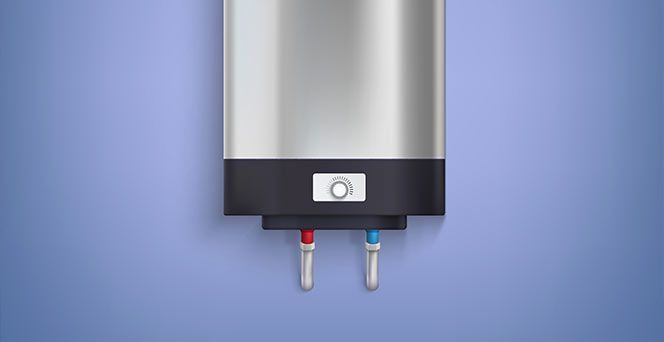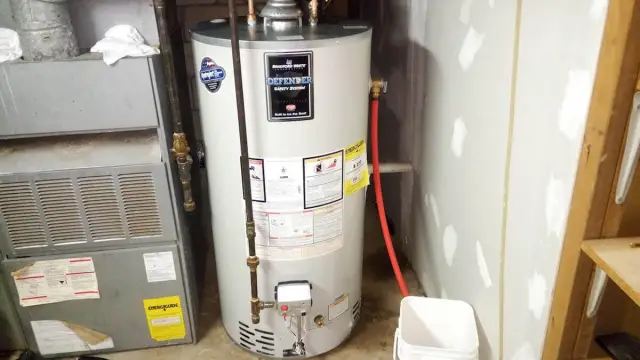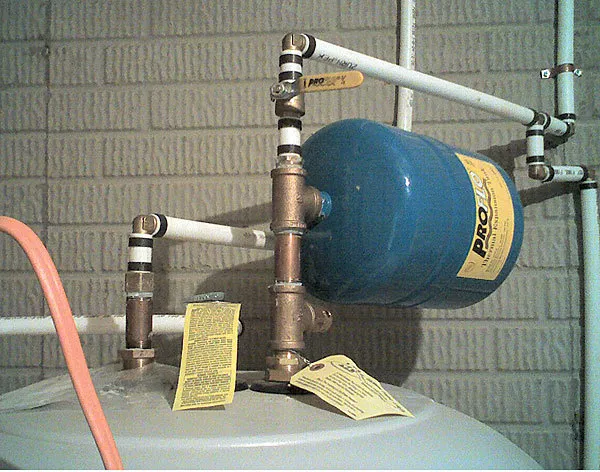Tankless water heaters are also recognized as on-demand water heaters. They use burners that are high-powered to heat water quickly. The water runs through a heat exchanger and distributes directly to your showers or faucets without conserving it in a tank. Tankless water heaters are normally powered with gas or electricity. On average, these kinds of water heaters are 22% more energy-efficient than gas-fired storage tanks.
These tankless water heaters utilize newer technology and heat water on your demand. The prime reason for this is these heaters do not conserve water. You might be wondering how long tankless water heaters last. The answer is they commonly last longer than other tanks. The average lifespan of gas-burning tankless water heaters is 20 years or more.
Their lifespan is two or three times longer than tank water heaters. Besides, the life expectancy of a tankless water heater is approximately 7 to 10 years. The life of tankless systems will drastically be decreased if they do not get flushed routinely every year on well water and 3-4 years on town water.
Why Do Tankless Water Heaters Have Longer Life Expectancy Than Tank Heaters
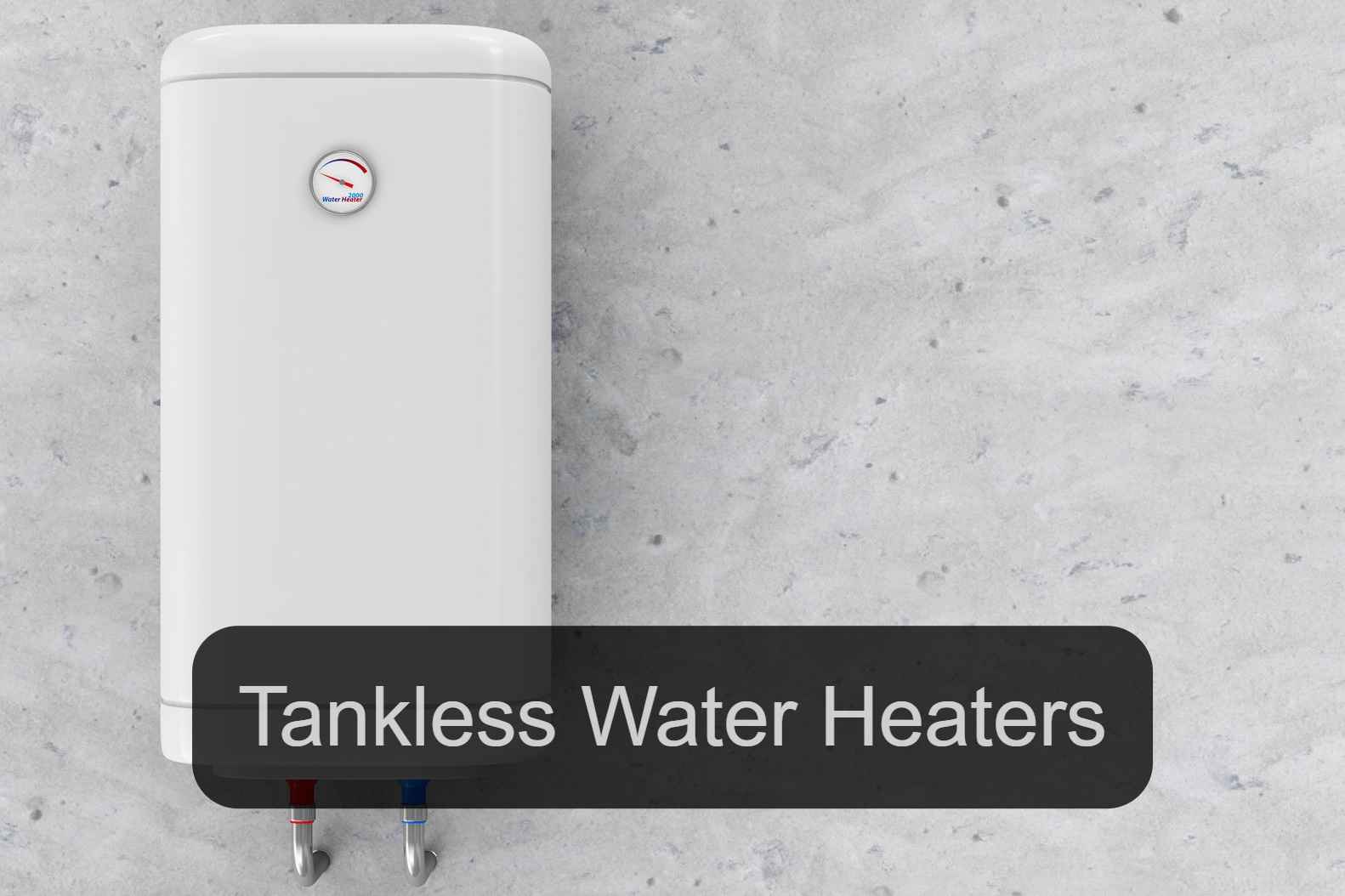
There are some reasons for the long life of tankless water as compared to a tank heater; two of them are:
Less Corrosion
The primary reason is the production of less corrosion. The majority of the water tank heater is made of steel which promotes corrosion. On the other hand, tankless water heaters do not conserve water that is filled with minerals. In water tank heaters, their mineral-filled water over time becomes corrosive from the inside of the tank. Therefore, it gradually decreases its efficiency.
Hence, due to the lack of storage of total mineral water, tankless water heaters are safe for use. Also, it lessens the danger of floods and other destruction in the household.
Less Sediment Buildup
Just because of the absence of tanks in tankless heaters, they don’t endure these kinds of problems. Though, they’re not entirely immune to sediment buildup. Any sort of hard water source will result in these issues. However, they have sediment filters that make it last longer.v
What shortens a tankless Water Heater’s Lifespan
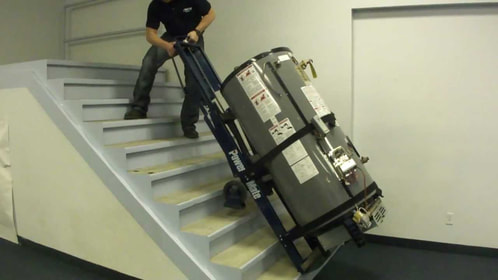
Improper Installation
Tankless water heaters require proper induction. It doesn’t merely mean doing the wiring correctly. You should also place it in an upright position in a space that has good ventilation.
A well-ventilated space is essential for your safety because it will prevent the production of carbon monoxide. Besides, lousy ventilation can also drastically curtail your heater’s lifespan.
Corrosion
You also need to consider the cleaning of corrosion. Even though tankless heaters are less prone to corrosion, it is not entirely immune. The tankless heater has tiny electronic parts, and corrosion can be a disaster for them. Consequently, corrosion makes the lifespan of a tankless heater shorter if it is adequately treated. Also, the damage is more terrible than the tank heaters.
Repairing cost
The modern tankless water heater is more digitized as compared to water tank heaters. Also, they are more efficient than water tanks. Therefore, they are high on pockets and need costly repairs. Therefore, if you are tight on your budget and can not afford routine maintenance or repair, it can primarily affect your tankless heater’s lifespan.
How To Increase The Life Expectancy Of Tankless Water Heater
Suppose you want your tankless heater to have a longer life expectancy. You have to conduct specific maintenance tasks. Unfortunately, a tankless heater is a kind of appliance that needs regular maintenance to function efficiently.
Routine Descaling
Everything that utilizes water collects calcium, lime, and scale build-up, including your tankless water heater. To make it work appropriately, you need to do regular descaling.
Though, it’s relatively more difficult to rinse and descale a tankless water heater than a tank heater. We’ll tell you how you can descale your tankless water heater. However, it is best to call a professional for descaling your water heater.
Steps To Descale Your Tankless Water Heater
- If you have an electric tankless heater, turn the power off.
- Turn both cold and hot valves off and take off the drain lids on both valves.
- Keep the bucket of five-gallon underneath both the cold and hot waterslides.
- Now, carefully turn on the red drain valve (repeat it with the cold one),
- Attach a hose to the underwater pump and keep the pump with the attached hose in the five-gallon bucket.
- Then, attach the pump opening hose to the cold water pipe valve.
- Attach a pipe hose to the hot water pipe valve and keep the edge of the pipe hose in the bucket.
- Now, pour around three and four gallons of vinegar in the bucket in a way that the pump is thoroughly submerged.
- Open up both the drain valve switch and switch on the pump for approx an hour.
- After at least an hour, turn off the pump.
- Take out the pump and the hose from the bucket and flush the liquid. Now, set the hot water drain hose again into the empty bucket and open the cold water valve. This process will flush the heater if any residue is present. Flush it for a minimum of five minutes.
- Now, turn on the main cold and hot valves. Then turn the gas supply on. Detach other hoses and attach regular fixtures again.
- Now, your tankless water heater is free of sediment and calcium buildup.
Tankless Water Heaters Vs. Tank Water Heaters: Pros & Cons
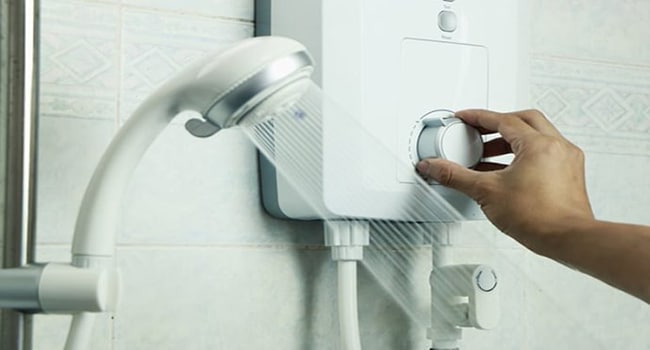
The tankless water heater has plenty of advantages as compared to the tank water. We have summarised some of them below:
Benefits of a Tankless Water Heater
- A tankless water heater generally lasts for about 20-30 years. It is almost twice the life expectancy of a tank water heater.
- They are small in size. Thus, you can install it in a tight place.
- A tankless heater never lacks hot water. It can deliver 3-4 gallons of hot water per minute.
- It can save money by reducing energy expenses by as much as 25%.
Drawbacks Of A Tankless Water Heater
- Tankless water heaters are more costly as compared to storage water tanks.
- The replacement of storage tank water with a tankless water heater is pricey. Also, It takes more time to replace and enhance the installation expense because of the complexities of relocating the old piping.
- They can be output-challenged. It means when you are doing a lengthy task. The tankless water heater probably fails to compete with the hot water need of both.
Benefits Of Storage Water Tank Heaters
- They come in various sizes, and you can choose any of them as per your usage requirements.
- The installation of a storage water tank is relatively inexpensive.
- They have an average EF (energy factor) rating of 0.67.
Drawbacks of Tank Water Heaters
- Storage water tank heaters tend to take up more space.
- They give a limited supply of hot water when you use it for long periods.
- They can waste around 15% of their energy.
- They have a shorter lifespan. That is 10 to 15 years.
Gas Tankless Water Heaters Vs. Electric Tankless Water Heaters
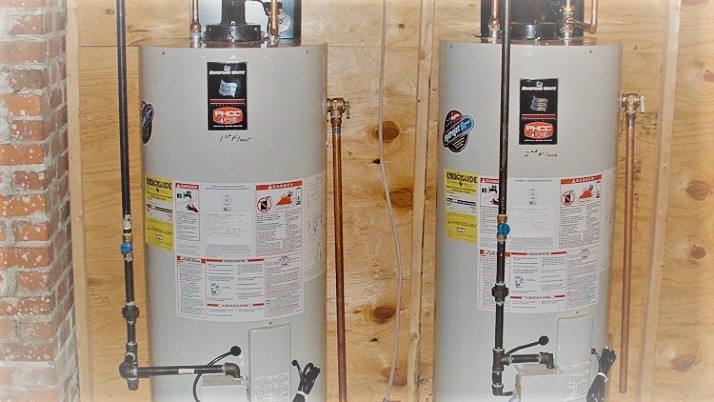
Benefits Of Electric Tankless Heaters
- In terms of functionality, an electric water heater is generally simpler to operate as compared to a standard gas water heater.
- Electric heaters are more efficient than gas units.
- It needs fewer maintenance requirements.
- Electric heaters are more environmentally friendly because they can be powered by renewable resources.
Drawbacks Of An Electric Tankless Water Heater
- In an electric tankless water heater, the process of heating water takes more time as compared to a gas tankless water heater.
- Suppose the electricity is not available due to a storm or another incident. You will lose access to hot water.
- The operating cost of an electric heater is more than that of gas heater.
Take away
Whether you go tank or tankless, electric or gas water heater, it is entirely your personal preference. Regardless, a tankless system can be highly efficient for some people; it’s not the perfect fit for every house.
Moreover, it make the installation of tankless water heaters more productive. Experts recommend inducting more than one unit. Though, it can be costly. Therefore, you must consider your situation carefully before making a decision.

